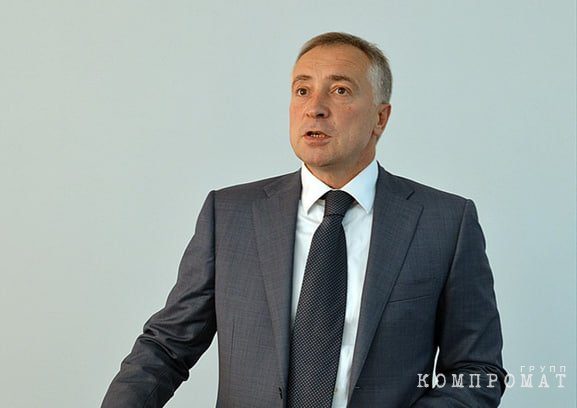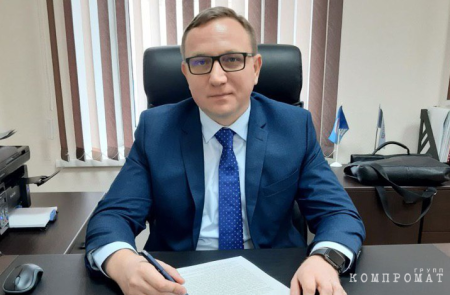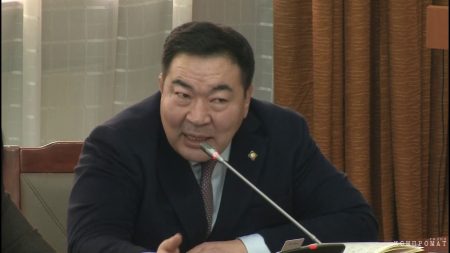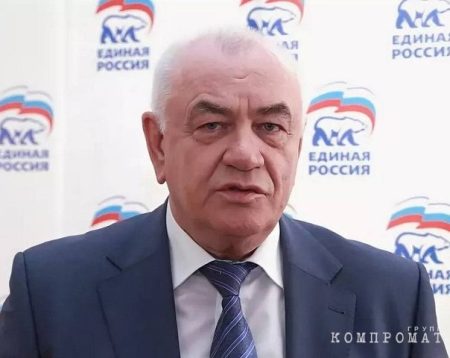Therefore, it's not surprising that the governor of the Tomsk region recently appointed attractive women as acting heads of departments. Vladimir Vladimirovich appreciates and understands them, and believes he can effectively lead them. They will have the opportunity to prove themselves. Anastasia Shevchenko and Tatiana Bugaeva are taking over as heads of their respective departments but there are exceptions. For instance, Tatyana Isakova remains the head of the state property department, and Natalya Radzivil has returned to her legal department.
There's a noticeable pattern: Vladimir Mazur promptly appoints male candidates recommended to him, whereas his female appointees have to wait a bit longer. For example, Nikolai Slepnev was swiftly appointed as deputy governor and head of the Tomsk region office under the Russian government, and Robert Fidarov as head of the regional health department. Vasily Potemkin — Deputy Governor for Investments. The only exception is Natalya Kiseleva, the current deputy and chief of staff of the governor, who was appointed immediately and permanently. However, the forces supporting her were so influential that appointing her as an acting officer was challenging. Natalya Kiseleva remains quite discreet and stays out of the limelight, although it's evident that she wields significant power.
Another female appointment occurred this week, underlining the scarcity of positive information from the authorities. Appointing the chief doctor of a small (yet symbolically important) interuniversity polyclinic is typically the responsibility of the head of the regional health department, not the governor. Moreover, the appointment of Marina Musina, who has worked in a polyclinic for nearly 15 years and served as a deputy chief physician, was expected, modest, and did not demand the highest administrative support in the field. But it's akin to an extravagant expense on a non-essential matter.
All the ambitious plans Vladimir Mazur had during the elections last year have been put on hold. Proposed cost reductions for the interuniversity campus, the disappearance of the third bridge in a snowstorm, and the unfulfilled promise of two polyclinics before the elections are significant disappointments. Additionally, a multidisciplinary children's hospital is stuck in a design haze, all amidst the looming threat of federal budget cuts that will impact the regional budget. Gas revenues have already decreased, and it's likely that oil revenues will follow suit in February. It's been acknowledged that for a balanced Russian budget without a deficit, an oil price of $115 per barrel would be ideal, but it's currently less than $40, three times lower. Meanwhile, it's extremely risky for governors to act independently, as suggesting unconventional solutions in any well-regulated budget industry could lead to a decline in performance indicators.
The poverty of the information agenda is such that the discussion in the mayor’s office of increasing the fare in minibuses is becoming the main regional news: to increase by two rubles or is it still by one? The creative and financial pre-election fountain has dried up against the backdrop of the traditional January cash gap: taxes and transfers have not yet reached the 2023 budget. Therefore, one has to grab onto any informational occasion in order to somehow replace the main bitter pill of the week in the public mind: the death of the Tom football club. A terrible end is better than a horror without end. The club itself is now selling property, including the team’s famous bus, to pay off at least wage arrears. Specialists scatter and, they say, their level is such that they are in demand in other cities and they are offered salaries twice as high as in Tomsk.
Another page of Tomsk football of the highest standard is turned over, and for some reason Jim Morisson and his immortal now come to mind: “Th the end of a beautiful friend”.
Th the end.




